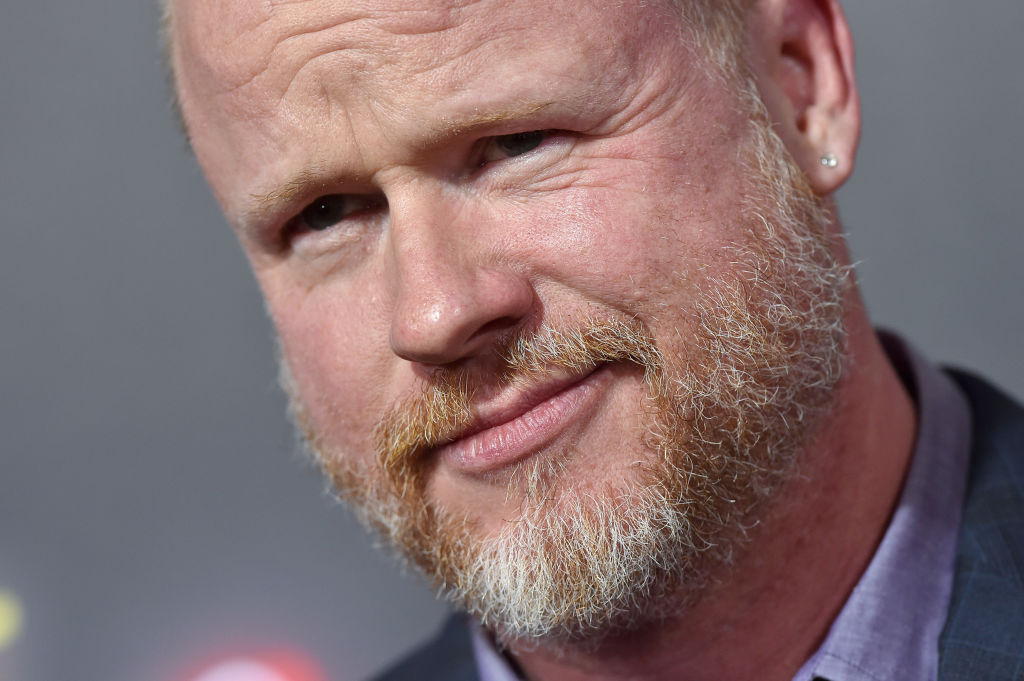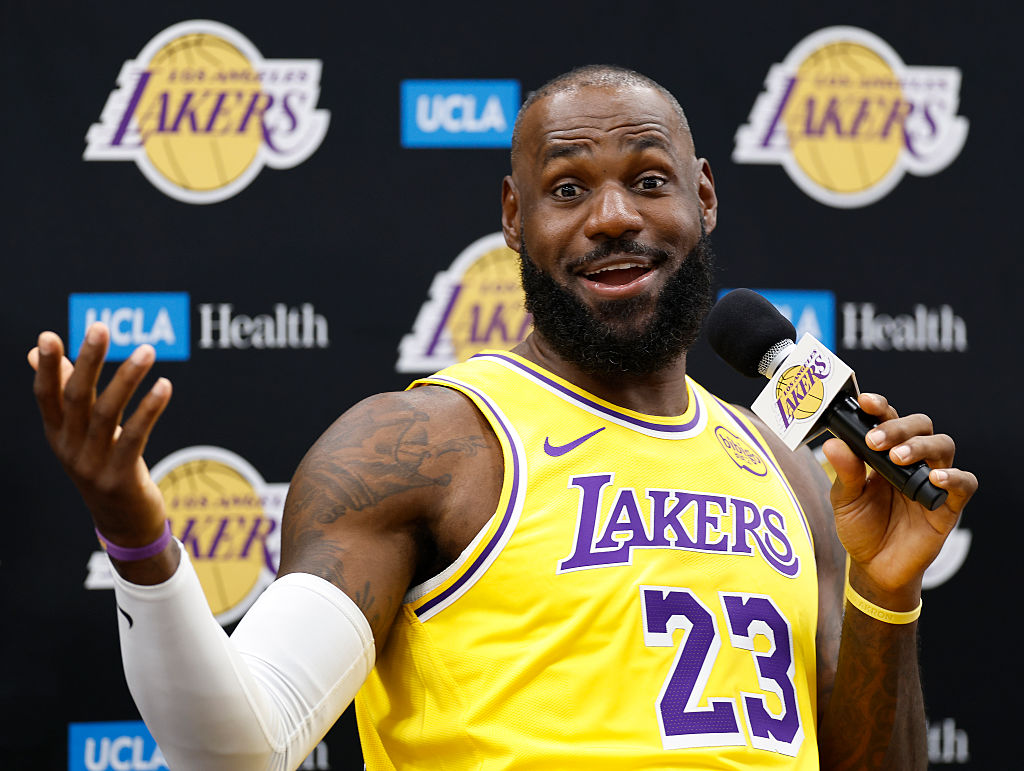Joss Whedon Calls 'Justice League' Cast 'Rude' In New Interview
Joss Whedon Claims Everyone Is Lying On Him, Everybody

Source: Axelle/Bauer-Griffin / Getty
In today’s episode of Everybody Hates Joss, filmmaker Joss Whedon is coming clean about all the allegations of mistreatment, racism, and all-out trash-ness that surrounded him after he took over as director of Justice League. (And by “come clean,” I just mean he insisted that everyone around him was lying about who he was except him.)
During an interview with New York Magazine, Whedon said his decision to take over as director of the 2017 film after its original director, Zack Snyder, left due to his daughter committing suicide was one of the biggest regrets of his life.
“They asked me to fix it, and I thought I could help,” Whedon said. He claimed that his role was initially supposed to be limited to writing and advising, but “soon it became clear to Whedon they had lost faith in Snyder’s vision and wanted him to take full control,” IGN reported.
Whedon went on to say that “from the start, things were tense between him and the stars,” which is basically to say that nobody liked him or his “my way or the highway” style of directing.
Whedon said he never worked with “a ruder group of people,” and he cited as an example of said rudeness a time when Wonder Woman actress Gal Gadot suggested that he “didn’t understand how superhero movies worked.”
Whedon apparently didn’t allow actors to improvise at all and expected them to read their lines exactly as he wrote them. Gadot has said publicly that Whedon “threatened her career” if she didn’t read the lines he wrote verbatim.
“I don’t threaten people,” Whedon said when asked about Gadot’s claims. “Who does that?”
He insisted that Gadot simply “misunderstood him.”
“English is not her first language, and I tend to be annoyingly flowery in my speech,” Whedon said before sliding into an anecdote about a time he “jokingly” told Gadot “that if she wanted to get rid of it, she would have to tie him to a railroad track and do it over his dead body.”
“Then I was told that I had said something about her dead body and tying her to the railroad track,” Whedon claimed.
So basically, we’re to believe that Gadot can speak and understand English well enough to play the role of English-speaking Diana of Themyscira through four DC Universe movies, but she can’t discern easily-discernable hyperbole from a legitimate threat. (It’s not like white Americans have a tendency to hear foreign accents and assume said foreigners aren’t able to grasp the language or anything.)
Either way, Gadot told the magazine via e-mail that she “understood perfectly” what was said.
Now let’s move on to Cyborg actor Ray Fisher, who was the most vocal about his alleged mistreatment by Whedon.
All one would need to do is watch the Snyder director’s cut of Justice League to see that Whedon took Cyborg, the only Black character in the film, and widdled the role down to a fraction of what it should have been (a character the plot of the movie largely revolved around). He also eliminated virtually every other prominent role played by a person of color. (But it’s not like Black characters and actors of color have historically been underrepresented in the superhero and sci-fi film genres or anything.)
Fisher has been vocal about all of this and has even gone as far as to accuse Whedon of digitally brightening the skin tone of him and other actors of color.
Whedon explained that away in the interview by saying he had “given the whole movie a lighter look, brightening everything in postproduction, including all the faces.”
He also said he only cut Cyborg’s role and story arch because it “logically made no sense” and because Fisher simply wasn’t a good actor.
“We’re talking about a malevolent force,” he said of Fisher and his accusations. “We’re talking about a bad actor in both senses.”
It’s worth mentioning that Whedon was also asked about his time working on the set of Buffy the Vampire Slayer, where Buffy star Charisma Carpenter also said he created “hostile and toxic work environments since his early career” and that he “callously” called her fat to colleagues when she was pregnant.
But if you ask Whedon—nah, none of that happened.
“Most of my experiences with Charisma were delightful and charming,” he said. “She struggled sometimes with her lines, but nobody could hit a punch line harder than her.” He also said he “did not call her fat.”
So everybody’s just lying on Whedon’s name for no reason, huh?
I mean, OK.












